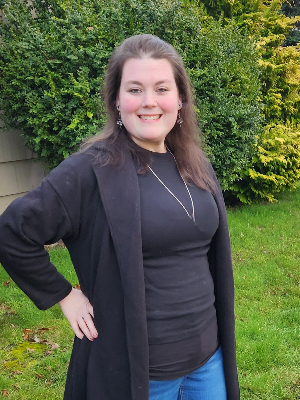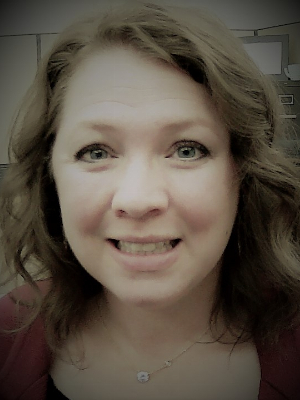
May 6-10, 2024 - Virtual via Zoom
What happens when children have adverse experiences and/or toxic stress, and how does it turn into trauma for an individual? Approximately 26% of children in the United States have witnessed or experienced a trauma before the age of 4 (Briggs-Gown, et al., 2010). As educators, there is a lot we can do to help. This includes: • Being a safe and supportive adult for that child • Increasing our awareness of ACEs • Understanding the possible impacts of trauma and how children might react to it • Connecting children and families with additional support or services when needed This session will highlight how healing-centered and trauma-informed approaches can support all children in early learning programs, utilizing the public health model, Washington Pyramid Model. This session will highlight experiences from the Washington State Pyramid Model Pilot Program implementing Pyramid Model practices in Child Care Settings. This presentation will share resources that you can use in your own program including a crosswalk tool linking the six key principles, identified by the Substance Abuse Mental Health Services Administration (SAMSHA) with examples of strategies for implementing these principles in early childhood settings.
Julie has extensive experience supporting students with disabilities, families, and educators with inclusive learning opportunities, MTSS implementation, and systems-level coaching. Julie is particularly interested in examining data equity and the relationship between collective healing practices and ethical data collection, analysis and well being.

Kari is one of three Infant and Early Childhood Mental Health Consultants for the SW region within Child Care Aware and Holding Hope services—supporting providers, coaches, families, and children in programs that focus on Pyramid Model and work in FFN Playgroups. She has 15+ years of experience in different roles in early learning and other educational settings (Infants through 12 years old— a wide-range of ECE teacher positions, Family Support in Early Head Start and Elementary Teacher). Kari’s background and passion focuses on building and supporting practices that focus on individualized needs, inclusivity, trauma-informed care, and resiliency for all.

Sara works at ESD 112 as the PreK- 3rd Grade Manager. Sara brings to this role 19 years of experience in early learning. At ESD 112, she supports leaders and teachers with high-quality early learning practices such as the Pyramid Model. Sara was first introduced to the Pyramid Model as preschool director. Additionally, Sara supported the implementation of the Inclusive Transitional Kindergarten grant where she worked with school districts in SW WA to implement the Washington Pyramid Model. Outside of work Sara is a creative, nature lover, avid reader, and Mom to plants, pups, and two human (teenage) children.